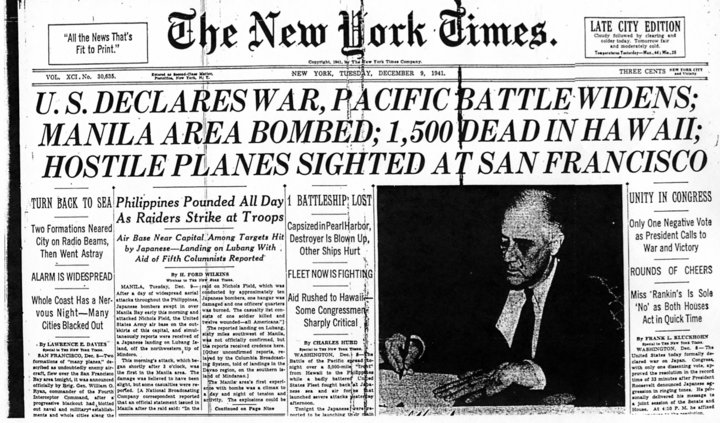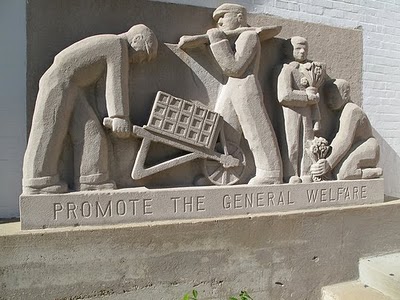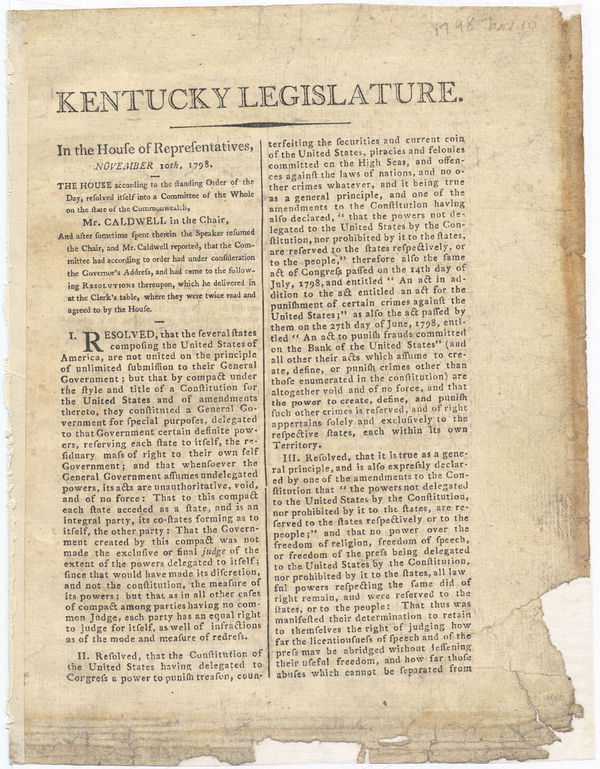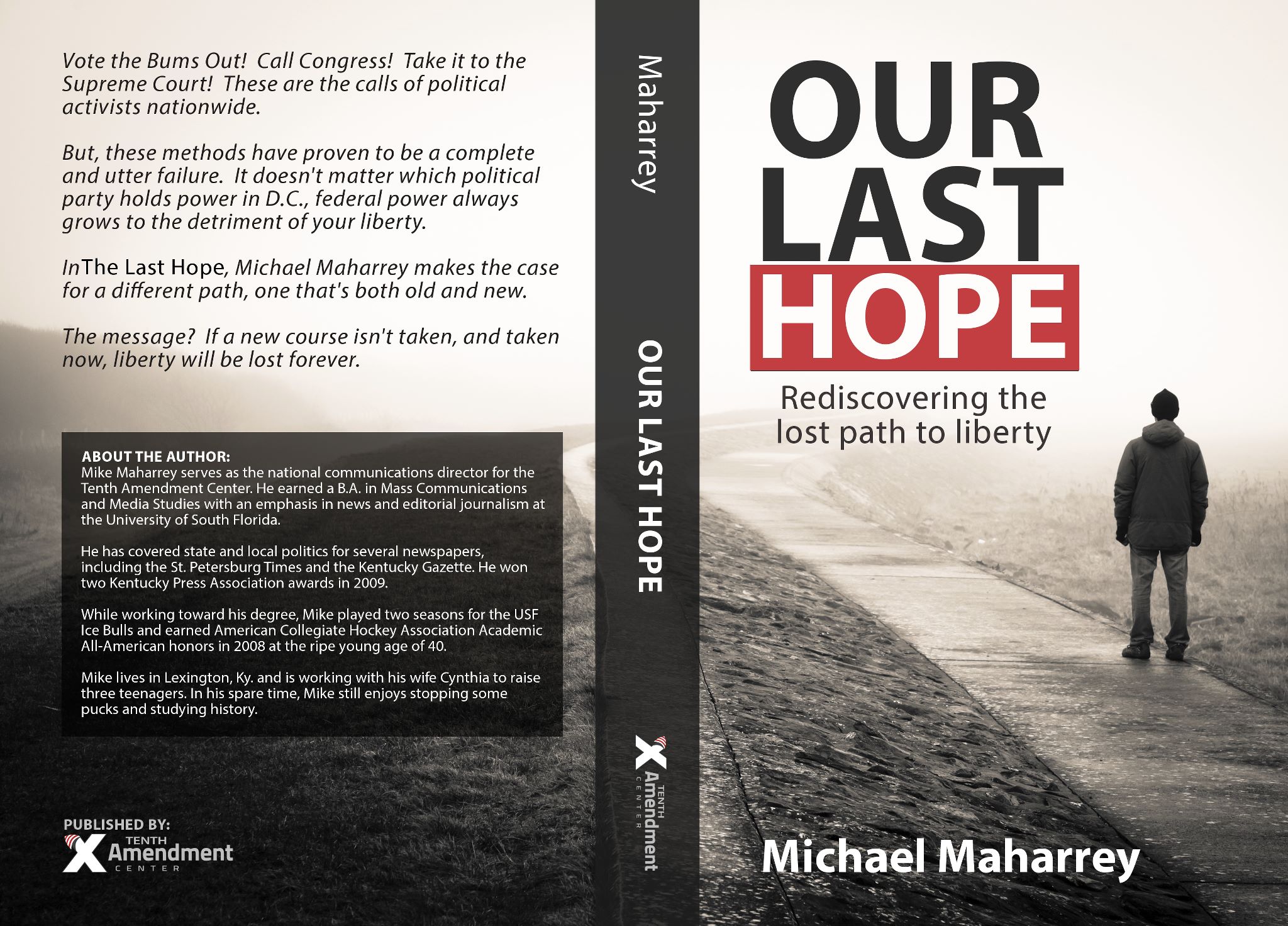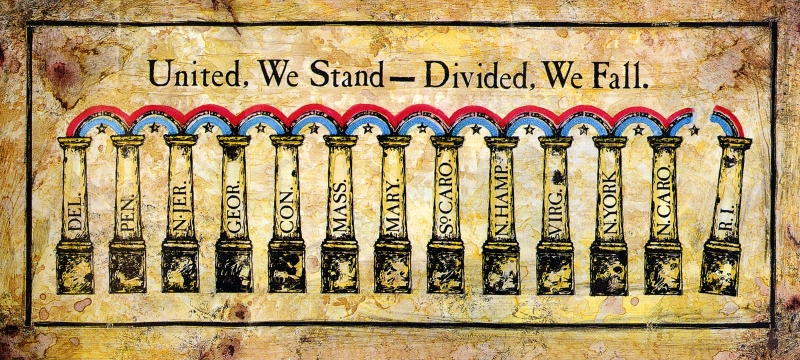In last week's Constitution 101 article, we looked at war powers and determined that it was the role of Congress, not the president, to initiate war. Article I Sec. 8 delegates Congress the power to “declare war.” Article II Sec. 2 designates the president “Commander in Chief of the Army and Navy of the United..
Read moreConstitution 101: War Powers
Over the last several weeks, we’ve looked at the “general welfare,” “necessary and proper,” and “commerce” clauses, three constitutional provisions often used by progressives to expand federal power, and we established what those clauses actually mean. While liberal constitutional interpreters abuse those clauses, scholars and politicians have utterly disregarded the proper understanding of war powers...
Read moreConstitution 101: The Commerce Clause
This week, we continue looking at constitutional clauses often misconstrued to give the government more power than intended. Two weeks ago, we started with the general welfare clause, and last week we followed up with the necessary and proper clause. This week, we will take up probably the clause most often used to justify federal..
Read moreConstitution 101: Necessary and Proper, Not Anything and Everything
Last week, we considered the first of several constitutional clauses often misinterpreted to expand federal power. We started with the “general welfare clause,” and established that it does not give the federal government the authority to do anything and everything that might promote the general welfare of the United States. This week we take up..
Read moreConstitution101: The General Welfare Clause
When challenged on the federal government’s constitutional authority to create welfare programs, meddle in education or run a national healthcare system, progressives will almost always appeal to the “general welfare clause.” Huffington Post columnist Paul Abrams demonstrated this line of thinking in a March 9, 2011, piece. Article 1, Section 8, Clause 1 grants the..
Read moreConstitution 101: Nullification
So far in the Constitution 101 series, we've established that the Constitution created a limited federal government meant to exercise only specific, enumerated powers. All other authority remains with the states and the people. We also discussed the fact that the people stand as the sovereign in the system, and the Constitution was ratified by..
Read morePerhaps I Got It Right: A Nice Endorsement for ‘Our Last Hope’
When I set out to write the moral, historical and constitutional case for nullification, I knew I had a tough task ahead of me. After all, most Americans have never heard of nullification. And the constitutional and philosophical principles nullification rest on remain alien to even well-educated Americans. My goal in writing Our Last Hope:..
Read moreConstitution 101: Was the Constitution Ratified By States or One American People?
This is the third article in a series on basic constitutional principles. Was the Constitution ratified by the American people as “one nation” or was it ratified by the states? As pointed out in last week’s Constitution 101 post, the people stand as the sovereign in the system. So it was the people who ratified..
Read more

